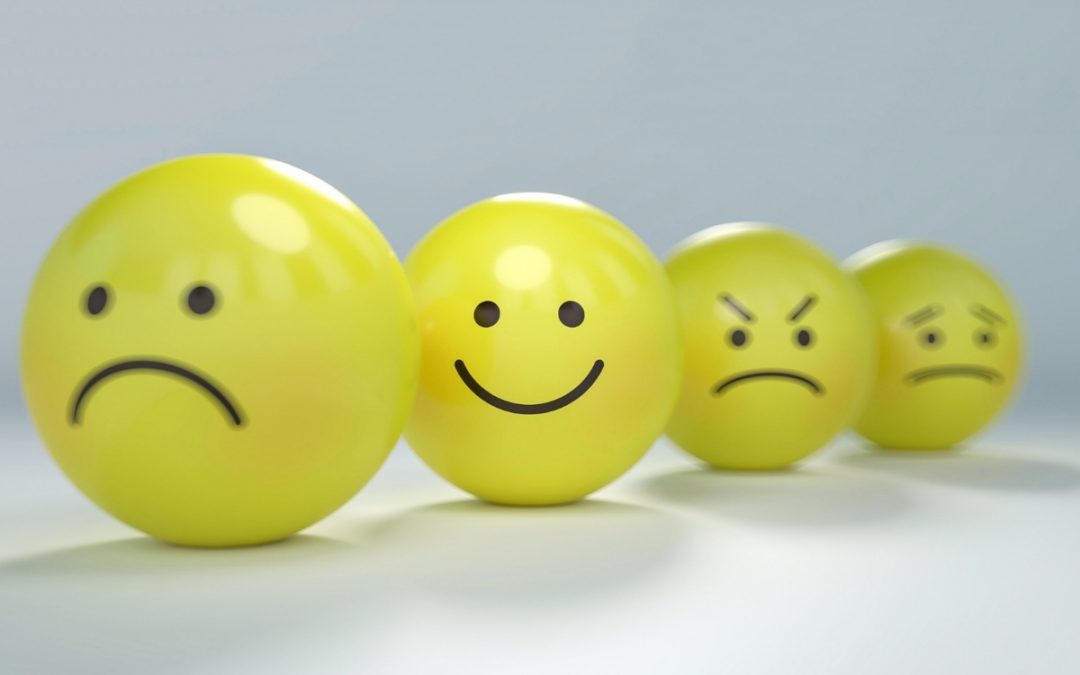When I’m sick all I really want is for someone to notice.
I want someone I care about to tell me that it’s okay that I’m sick—that it’s not a weakness—that I’m not being lazy or irresponsible—that I can be patient with myself.
Even then, it’s hard to take the time to recover. There’s a very clear recording in my head that tells me that I should just push through this and stop complaining. It tells me that if I were tougher/smarter/more capable/more serious I wouldn’t let a little thing like “being sick” get in my way.
And I hate when someone says I look sick or pale or tired, because: why did you need to tell me that? Thank you for giving me something else to fixate on all day.
Buuuuut….what I hate even more is when nobody notices. When I’m so good at looking like I’m feeling good that no one says a thing.
I’m difficult. I get it. Believe me. But I don’t think I’m unique in this.
I see the same ambivalence in the clients that I serve, especially the adolescents. There’s a conflict between wanting to be acknowledged in their suffering (whether it looks like it to an adult or not, young people with depression/anxiety are experiencing real suffering) and at the same time not wanting to be seen at all while feeling so poorly.
When I started considering my clients’ experience of suffering through that lens, a few things changed for me:
I stopped expecting a particular or consistent response from them to me. I let myself accept the fact that they would show up however they were at that moment—irritable, relieved, funny, flat—and that it wasn’t personal. It feels personal because we’re persons having a conversation about, around, or in relation to alleviating suffering, but it’s just not.
I remembered how central identity and belonging are to adolescents. When an adolescent shows up experiencing suffering—either more internally or more externally (ie academics, behavioral stuff at home)—the message is: you need to change. Even if a person is open to the idea that change would be a good and desirable thing (which all teenagers are DEFINITELY not), there’s still a very sticky piece to be reckoned with: change. Even if I don’t like to feel the way I’m feeling, it has come to be familiar. I can count on how others respond to me, I know what I’m capable of and what I’m not, I may even have made some connections with peers based on the experience of shared suffering. I’m left wondering: what else might change if I change?
I feel awful now—low energy, unpleasant, unmotivated, incompetent, unworthy—but at least it’s familiar. Will I lose friends who don’t want to be around me once my experience doesn’t match with theirs? Will people suddenly have higher expectations of me—expectations I can’t always meet and wind up failing again? Will I have more responsibilities and more pressure? Will I wind up exactly where I am right now, but worse because I tried really hard and here I am again?
I focused on hope, meaning, and connection over achievement, productivity, and basically everything else. I take a breath before diving into strategies, tools, techniques…I noticed that no matter how “good” my ideas are, if I am more ready for change than they were, not much will happen. Change doesn’t happen without hope that change is possible; hope doesn’t happen without a really good reason/purpose/meaning; and everything we do is either enhanced or diminished by the presence, quality, or absence of meaningful connections.
So I slow down and I try to remember that most of life is lived on the other side of grades and school and parenting…
And I try to remember what it was like to be 16 and stuck in a moment of distress where I couldn’t imagine anything would ever change or be different…
And I try to remember that placebos work because healing so often happens naturally when we are persistent, calm, connected, and hopeful…
It sucks to feel low, uncomfortable, untethered, unlikable, unmotivated, or disconnected…it really, really sucks. But not much is more classically human than sticking with the devil you know. The possibility that things could get worse prevents us from recognizing that it’s equally likely there’s healing or growth on the other side. More than that, life’s a moving sidewalk, and even standing still is moving—so we’ll figure out what’s up with that grass on the other side eventually whether we want to or not.
So I meet the people I work with every time with patience, kindness, hope, and the recognition that as hard as it is to be low, it’s scary to be healthy, too.
If you enjoyed this article, you may also enjoy Feeling anxious? Stop and Reflect.


